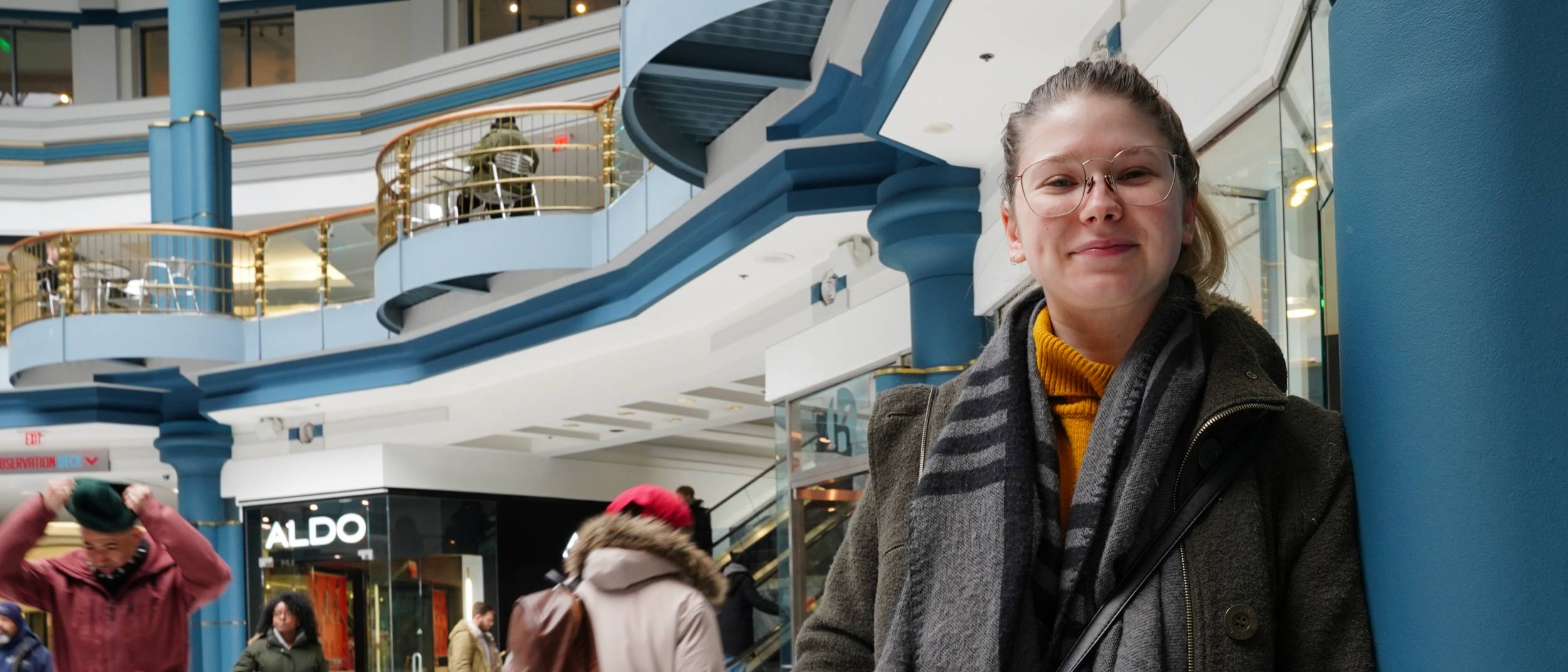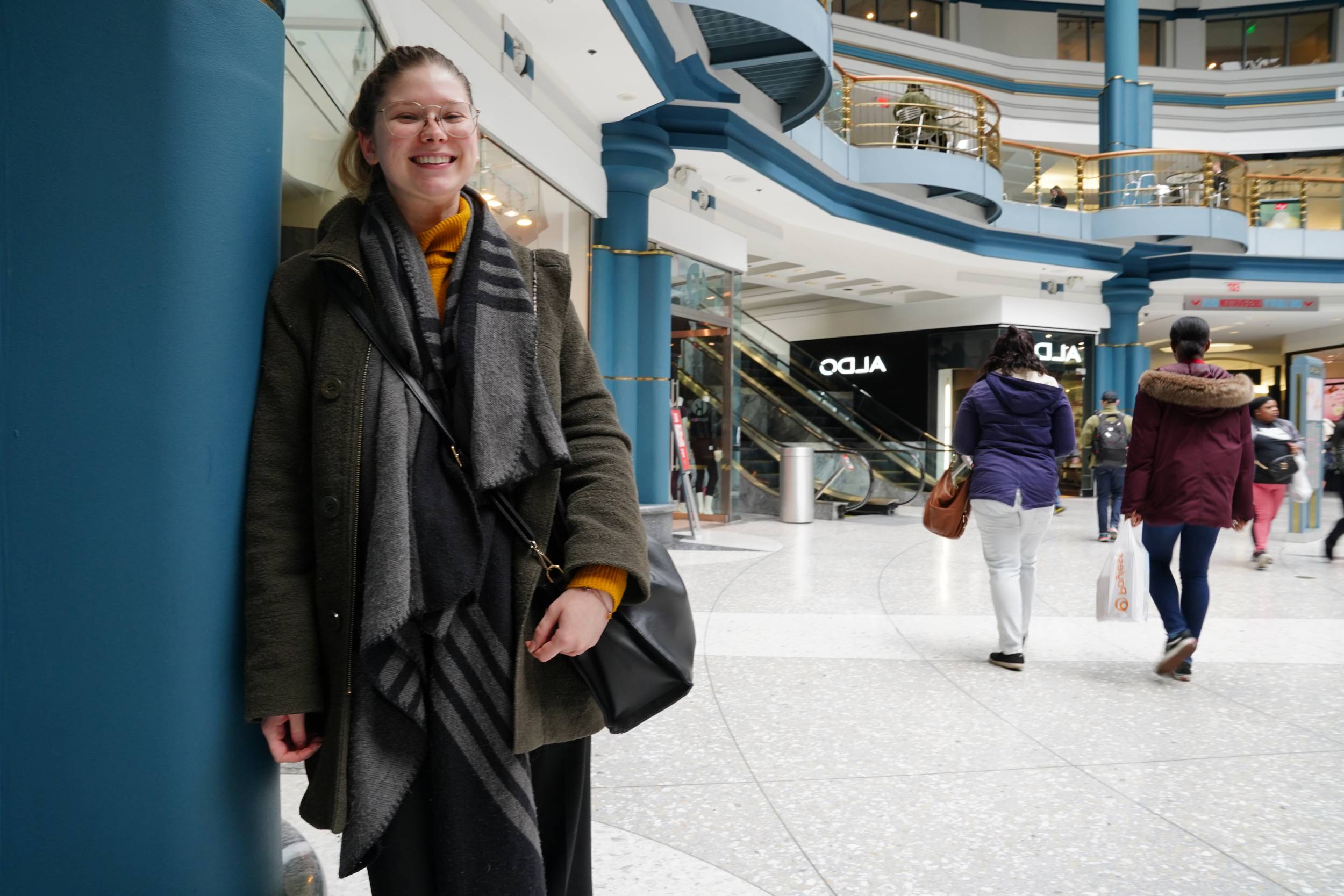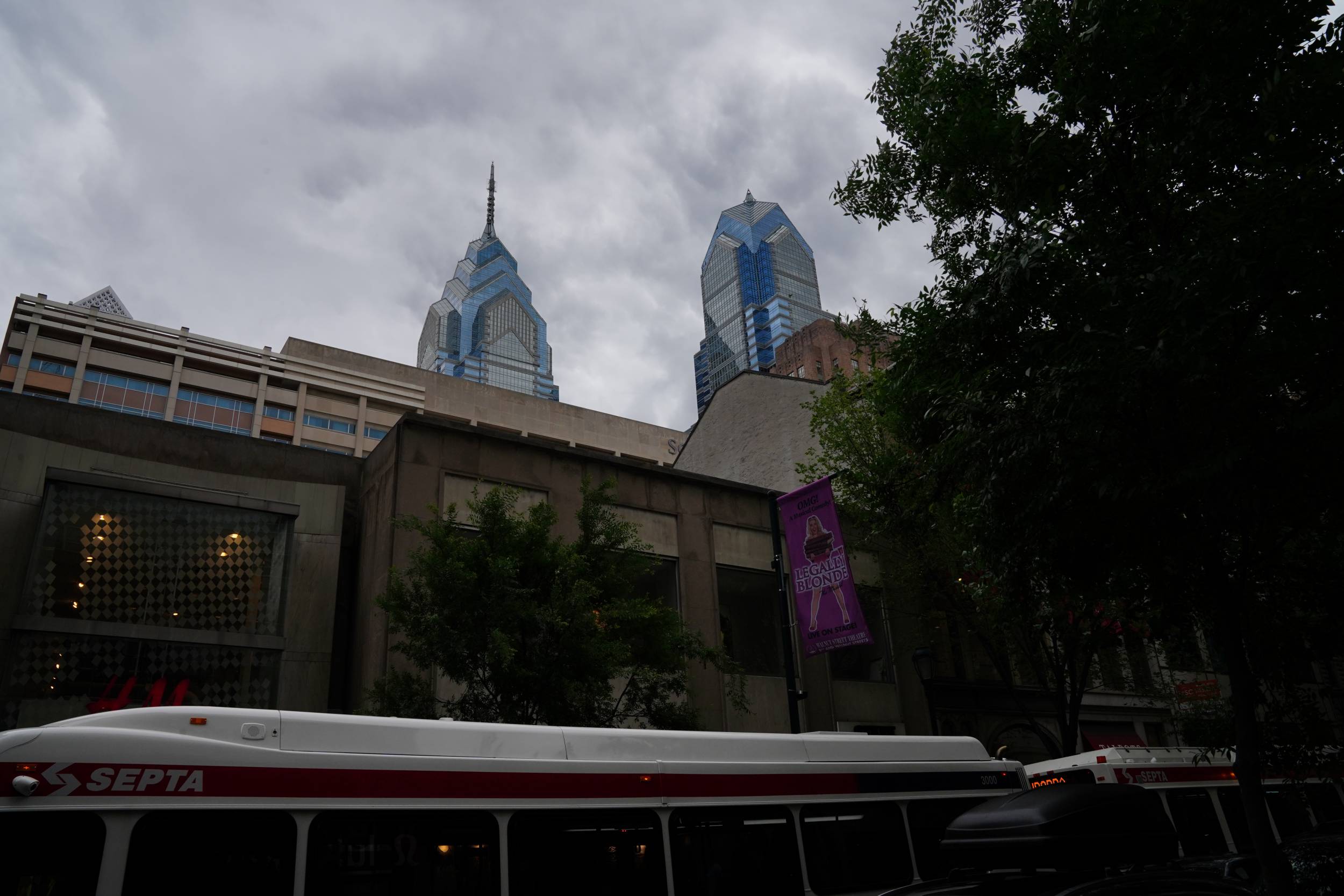
I just think that opens a dialogue with people that are already suffering, and they have access to more education. We’re ignoring it and trying to fight it in this unrealistic way.
Photos by Nema Etebar.
Q: When I say the opioid crisis or the overdose crisis, what do you think of? What comes to mind? What do you know about it?
A: What comes to mind is the over-prescription and too much access to opioids. I think we prescribe them a lot because it’s a business, and people just want to get money. And I know that we’re mostly fighting [against the crisis] to make it more difficult and to fight back against over-prescription of opioids.
Q: What concerns you about the opioid crisis?
A: It concerns me that these are really heavy drugs that are highly addictive, and I know a lot of people personally that they can easily get access to those. My dad recently is suffering from vertigo, and [doctors] were ready to prescribe him opioids, and he [said]: “No. I have a history of drug addiction. No, I don’t want any opioids. That wouldn’t even help me anyway with vertigo.”
Q: What do you think the City of Philadelphia could do to stop or help out with the opioid crisis?
A: I know that we’re trying to create safe injection sites for heroin. I think that’s a really great idea because the second we start acknowledging the problem in a realistic way and try to help so more people aren’t getting sick from other things. I just think that opens a dialogue with people that are already suffering, and they have access to more education. We’re ignoring it and trying to fight it in this unrealistic way. I just don’t think we’re gonna make any progress.

Q: And what do you think needs to be done in general to solve this problem or any parts of the solution you can think of?
A: I think we need to probably put in legislation that makes holding doctors more accountable for prescribing opioids. I do think that the legalization of cannabis would really help with the prescription of opioids because I just think that that doesn’t have the same psychological effects as opioids. But other than that I don’t have that much information on it. It’s not something I specialize in.
Q: What would you think if you learned that you could get trained on how to reverse an overdose using Narcan, and that you could carry with you in case you come across someone.
A: Well, yeah, I think that would be a really great idea. I mean we train people to do CPR and things like that. I don’t see why we wouldn’t want to train people to prevent an opioid overdose.

Q: Is that something that you would be interested in?
A: Possibly. Yeah.
Q: What would make you want to go learn more about training and carrying Narcan? And on the flip side, what concerns you about it?
A: Yeah. I would just want to know that I’m learning how to do it correctly because I wouldn’t want to be the person responsible for making someone’s condition worse. I would just want to know that it’s highly researched and it’s accessible, and it’s something I can easily learn how to do with proper oversight.